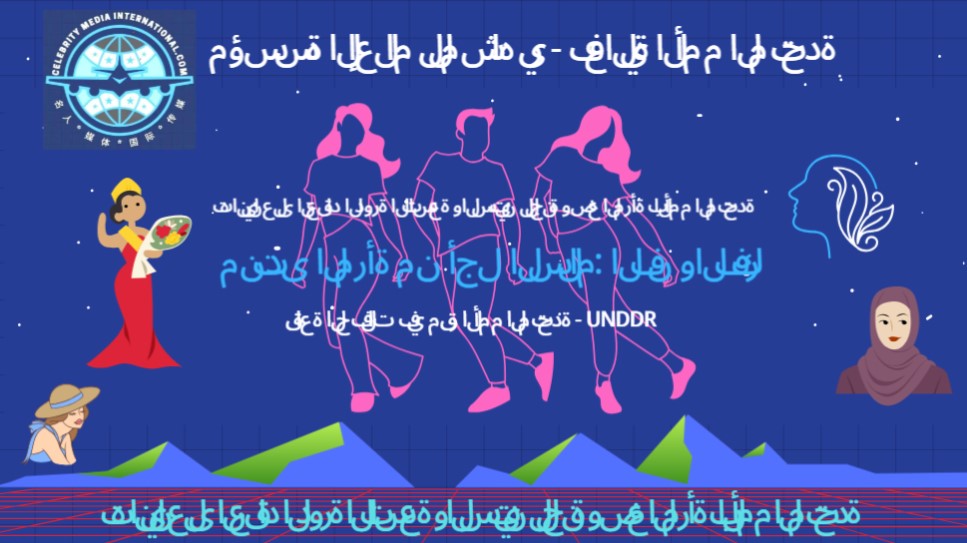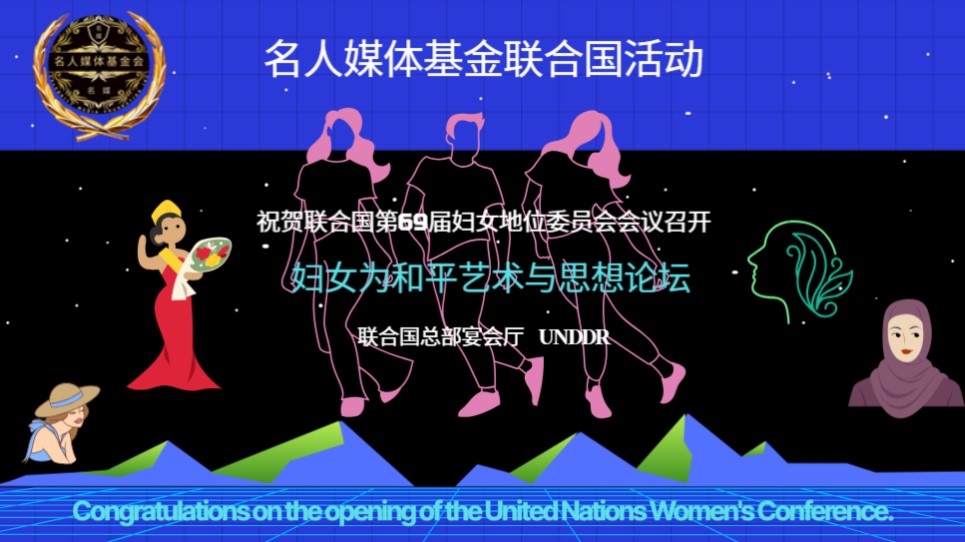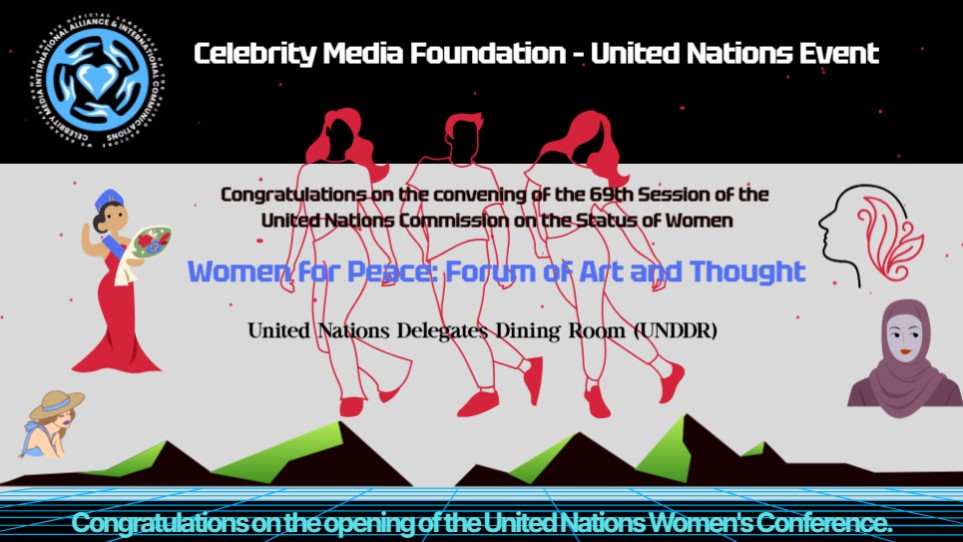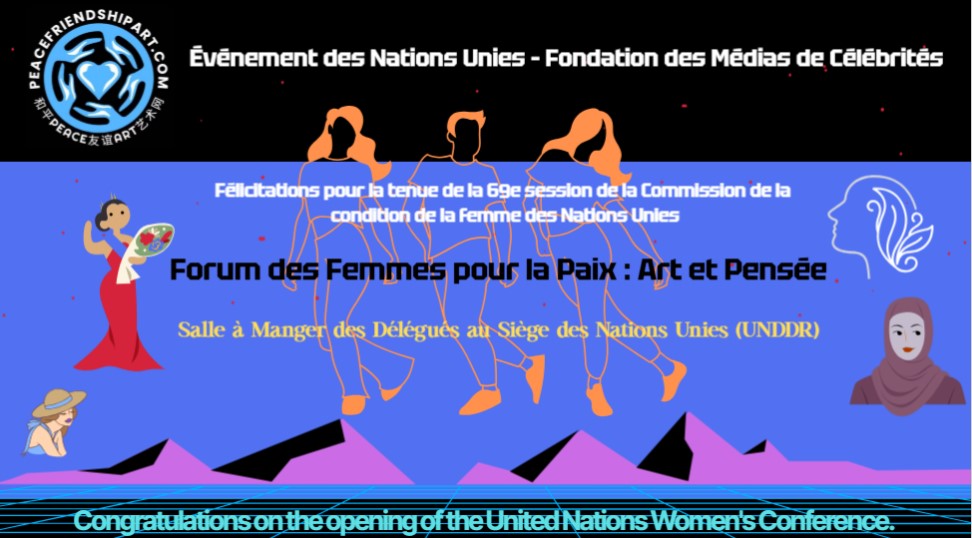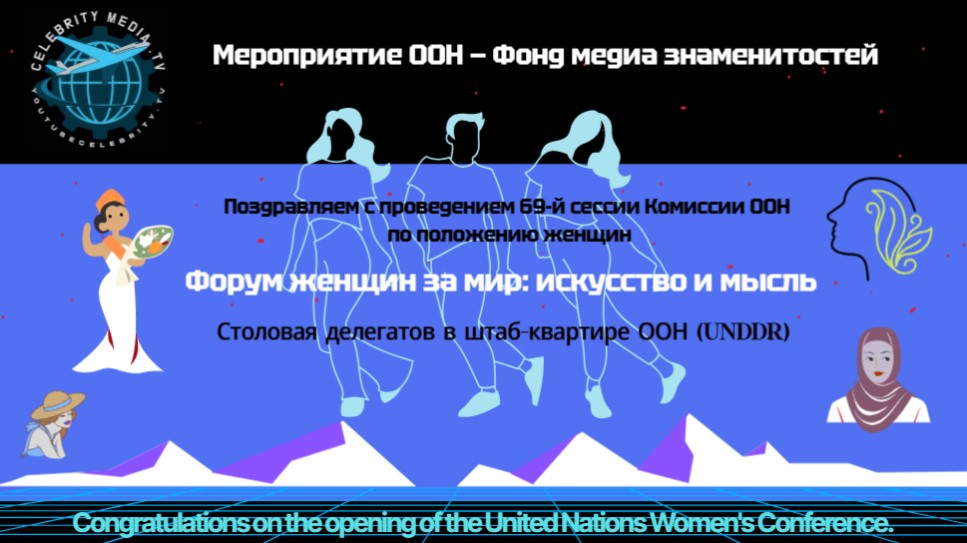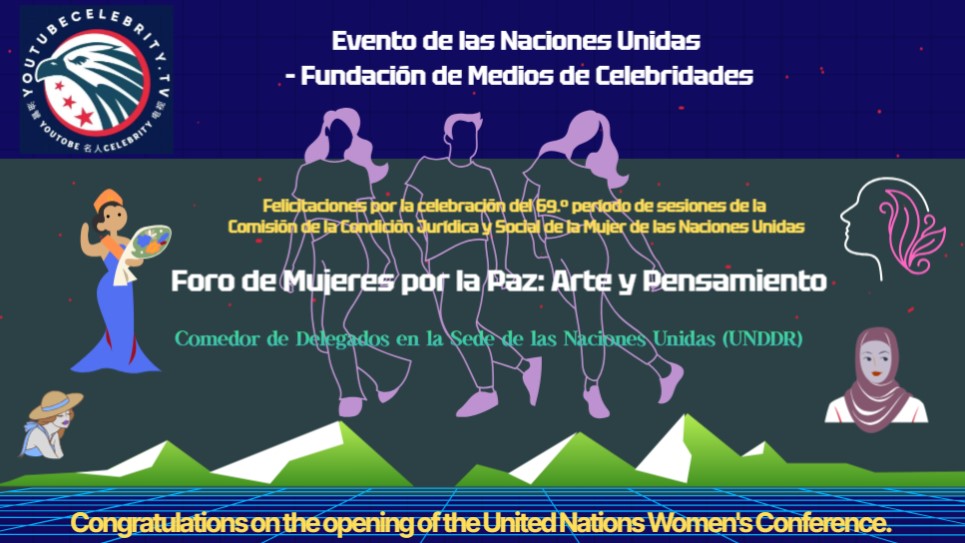 Courtesy of State Department for Gender and Affirmative Action, Kenya
Courtesy of State Department for Gender and Affirmative Action, Kenya
The UN chief on Friday launched a plan to boost empowerment of women and girls around the world, unveiling details at a meeting commemorating International Women’s Day on the theme of investing in women and girls.
“Equality is overdue; to achieve it, we must match rhetoric with resources,” said UN Secretary-General António Guterres. “We must invest in women and girls, turbocharge progress and build a better world for us all.”
His new UN System-Wide Gender Equality Acceleration Plan “commits to placing women and girls at the centre of our work across the board”.
“We will support governments around the world to design and implement policies, budgets and investments that respond to the needs of women and girls.”
Pushback against global backlash
The new plan comes against a global backlash against women’s rights that is threatening and sometimes reversing progress in developing and developed countries alike, he said, pointing to such egregious examples as Afghanistan’s gender-based restrictions on school and work outside the home and The Gambia’s consideration of legalising the harmful practice of female genital mutilation.
“The global crises we face are hitting women and girls hardest, from poverty and hunger to climate disasters, war and terror,” he said.
Over the past year, horrific reports on the impact of conflict which effects women and girls around the world have emerged, from testimonies of rape and trafficking in Sudan to recent reports on sexual violence during the ongoing Israel-Palestine conflict.
On the latter crisis, he highlighted a report by his Special Representative on Sexual Violence in Conflict, Pramila Patten, on sexual violence and sexualised torture during the Hamas terror attacks in Israel, and reports of sexual violence against Palestinian detainees, at a time when maternity services are crumbling in war-torn Gaza, where women and children make up the majority of the over 100,000 now killed and injured.

Countering bias
However, targeted programmes and quotas may be required to tackle “baked-in bias” and dismantle obstacles to equality, Mr. Guterres said, urging Member States at the forthcoming Summit of the Future in September to support proposals for metrics that go beyond gross domestic product (GDP).
GDP disregards domestic labour carried out by billions of women while complementary metrics provide a more comprehensive and balanced picture, he explained.
In addition, resolving gender bias in poverty is critical, he added.
Equality is ‘some 300 years away’
“At our current rate of change, full legal equality for women is some 300 years away,” as is the end of child marriage, the UN chief said.
By 2030, over 340 million women and girls will still be living in extreme poverty, some 18 million more than men and boys, unless action is taken now.
“That is an insult to women and girls, and a brake on all our efforts to build a better world,” he said. “We must drastically up the pace of change.”
Three priority action areas
Highlighting three priority areas for action to make investments in women and girls a reality, the Secretary-General said the first step is urgently increasing affordable, long-term finance for sustainable development.
The second step requires governments to prioritise equality for women and girls through such efforts as his newly launched plan and the final action area is to increase the number of women in leadership positions, which can help to drive investment in policies and programmes that meet the needs of women and girls.

‘Poverty has a female face’
Also addressing the commemoration, UN Women’s Executive Director Sima Bahous said the UN’s values and principles “have never been as challenged as today”.
“Poverty has a female face,” she said. “When more women are economically empowered, economies grow.”
Likewise, empowerment translates into helping families flourish alongside peace and justice for all, she said, stressing that “we need a humanitarian ceasefire in Gaza now”, as more than 9,000 women have been killed in Israeli attacks.
Going forward, the Summit of the Future provides an opportunity for women’s voices to be heard and for further progress on their empowerment towards a more peaceful future for all, including every woman and every girl.
Deputy Secretary-General: ‘It’s enough’
Gender equality is “absolutely non-negotiable”, said Deputy Secretary-General Amina Mohammed during a panel discussion.
“The atrocities, the tragedies, the burden of pain and sacrifice are every day,” she said. “We need to speak out on it and to really say ‘it’s enough’. It’s enough in Gaza. It’s enough in Sudan. It’s enough in Myanmar.”
Progress made in the last 30 years have been a “band-aid”, and action is needed to close the gender gap.
“When we say ‘peace and security’, we’re not in the rooms when peace is being discussed,” she said, “so how can you possibly find sustainable peace when those that suffer most from the absence of peace are not even in the room?”
To change that, women must be empowered, from peace negotiations to emerging innovative technology.
“We’ve got to be negotiating at the table,” she stressed.

Moderated by NBC news anchor Richard Lui, today's commemoration also featured open remarks by the UN General Assembly President, the chair of the Commission on the Status of Women (#CSW68), presentations by young entrepreneurs from Kenya and the United States, a panel discussion with the UN Deputy Secretary-General, the head of the UN Children's Fund (UNICEF) and the Deputy Executive Director Diene Keita of the UN reproductive health agency, UNFPA, and performances by Rockers on Broadway and the UN International School (UNIS) senior choir. Actor Anne Hathaway also sent a video message to mark the day.
